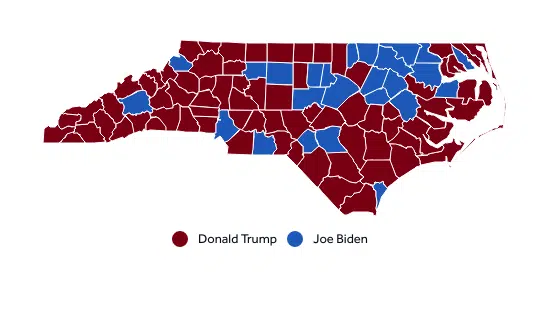By Kevin Mooney — Momentum continues to build for a National Debt Relief Amendment (NDRA) designed to give the American people a greater say before Congress acts to increase the flow of red ink.
In just the past few weeks, state legislators in Montana, Ohio, Texas, and Wisconsin committed themselves to proposing the following language: “An increase in the federal debt requires approval from a majority of the legislatures of the separate states.”
The amendment resolution has already passed in North Dakota and Louisiana and is pending introduction in Arkansas, Arizona, Michigan, Minnesota, Missouri, Montana, Nebraska, Ohio, Pennsylvania, Texas, Utah, and Wisconsin.
It would take 38 states to ratify any proposed constitutional changes.
Under Article 5 of the U.S. Constitution, states do have the authority to direct Congress to call a convention for proposing amendments. The move would not be unprecedented. So far, there have been at least 12. Critics charge that the process could become too open-ended and open the Constitution up to damaging changes.
Robert Natelson, a retired law professor, has addressed these objections in a series of reports for the Goldwater Institute. He argues that the status quo in Washington D.C. is far more dangerous to American interests than the convention process.
“The Founders included the state application-and-convention process because they recognized that Congress might become irresponsible or corrupt and refuse to propose needed changes — particularly if those changes might restrain the power of Congress,” Natelson wrote. “In the state application-and-convention process, the states play much the same role in curbing abuses at the federal level as citizens do when curbing abuses through citizen initiatives at the state level. Increasingly, Americans are recognizing the current situation in our country is precisely the kind for which the convention method was designed.”
Once 34 states have called for an “amendments convention” on the same subject, Congress must then act to provide a place and time for state delegates from 50 states to convene and propose an amendment or amendments for ratification that are within the scope of the state resolution.
The National Debt Relief Amendment was drafted by RestoringFreedom.Org, Inc., and has been researched and endorsed by the Goldwater Institute, based in Arizona. The resolution was adopted as Model Legislation in January of this year by the American Legislative Exchange Council.
Sen. Curtis Olafson, a North Dakota Republican and Nick Dranias, director of constitutional studies at the Goldwater Institute, make a strong case for the amendment in a recent report.
“Unlike other fiscal reforms that would rely on the courts to enforce them, the National Debt Relief Amendment is uniquely powerful in that it would enforce itself,” they argue. “This is because the financial markets will reject or significantly discount the value of any new federal bonds issued without support from a majority of state legislatures. This would give the federal government a strong financial incentive to seek out prior legislative approval of any new debt without anyone having to resort to a lawsuit.”
In early October, academic elites at Harvard University joined forces with Tea Party activists to discuss the pros and cons of a constitutional convention. It would seem that Americans from across the political spectrum agree that the federal government has overstepped its constitutional bounds.
Kevin Mooney is a contributing editor to Americans for Limited Government. You can follow Kevin on Twitter at @KevinMooneyDC.







